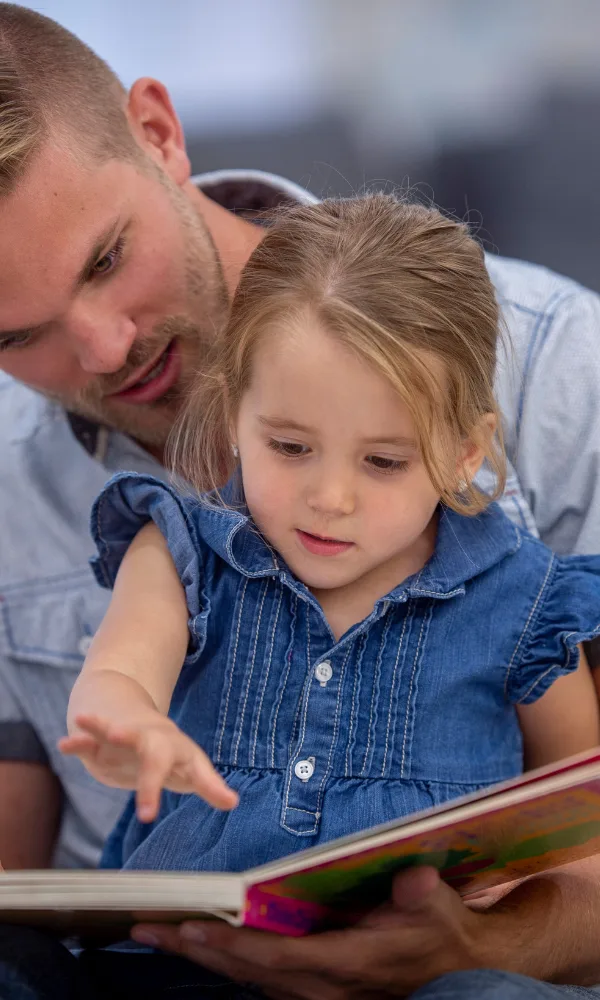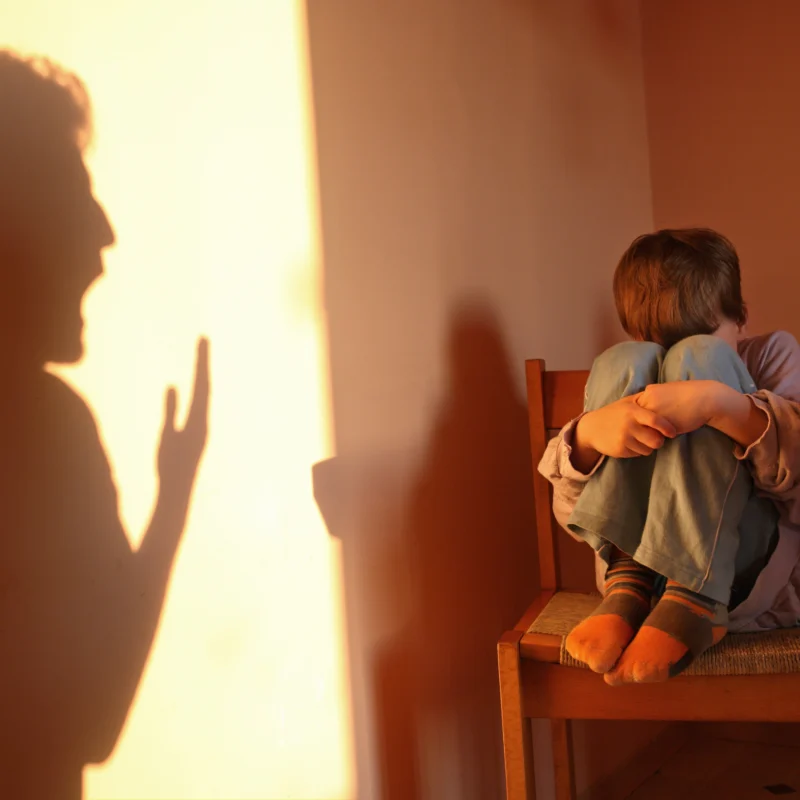Most mothers and fathers say their parenting style involves offering guidance, discipline, love, and support. But there are several ways of going about raising a child.
Are some types of parenting styles more effective or desirable than others? Parenting styles can affect a child’s self-esteem, motivation, physical health, and emotional wellness.

Types of Parenting
The right parenting style may be the key to raising successful, well-adjusted children. Many people mix and match the characteristics of the parenting styles listed below.
Snowplow Parenting
Snowplow parenting involves pushing away all obstacles that could make a little one unhappy, distressed, worried, or fearful. Snowplow parents don’t want their children to have to deal with hardship. They do everything they can to remove the things that stand in their kids’ way.
Think of snowplow parents as micro-managers. They want the best for their kids.
Therefore, they’re different than helicopter parents. Helicopter parents may try to impede a child’s freedom out of fear. A snowplow parent will let their kids walk to school alone or take risks if those activities contribute to the children’s progress.
One of the most notorious attributes of a snowplow parent is the desire to make life easy and successful for the child. People with this parenting style will do almost anything for their children. They’ll ask for and expect special treatment and concessions.
These parents call their college-aged kids to wake them up for a class or call a teacher to complain about a poor grade. Kids these days are expected to meet a wide range of demands. Life can be overwhelming for them.

Snowplow parents have the best intentions. They want to prevent their kids from dealing with anxiety or burning out. However, they don’t let their children figure out how to navigate life independently.
Snowplow parenting can reduce a child’s exposure to stress. But it also teaches kids that they can’t handle significant life events and problems.
Snowplow parents might want to give their kids more opportunities to handle their problems. They should also ensure they’re available if their kids have any questions. Instead of doing the work for their kids, they can model the decision-making process and managing intense or confusing emotions.

Tiger Parenting
Tiger parents are strict, demanding, and pushy. They have an authoritarian parenting style. This involves setting firm rules and coercive tactics to drive their kids toward success.
Tiger parenting is based on Asian values. It emphasizes academic and financial success over emotional balance. These types of parents have incredibly high expectations. But that’s only because they want the best for their kids.
While tiger parenting doesn’t focus on punishment, it does concentrate on discipline. Tiger parents support their children in developing self-control and motivation. They believe those qualities are vital for gaining a good education and excelling in school and work.
Tiger parents may also push their children to participate in activities where they can receive awards and recognition. Children of tiger parents may have to practice a musical instrument every day or get extra training in the team sports they play.
They may not be allowed to participate in extracurricular activities that aren’t geared toward academics or career success. For example, these kids might not be allowed to go to friends’ houses after school or have sleepovers. Instead, they follow a strict schedule that helps them build their intellectual strengths.
While tiger parents often praise their children for doing well, they can produce kids with low self-esteem. Children with these types of parents might feel as though they’re not good enough if their interests don’t match their parents’ values. They also don’t get a chance to explore the world from their perspective, which is essential for little ones.

Helicopter Parenting
Panda parenting contrasts with the other types of parenting styles in this article. It’s the option that gives kids the independence to explore their worlds and make their own decisions.
Panda parents are not lazy. They don’t believe that kids need to be pushed toward their parent’s idea of integrity and values. Instead, they recognize that their children are individuals who must develop their principles and standards.
They don’t intervene in every aspect of their children’s lives. Panda parents provide the structure that children need to investigate their worlds. For example, they may encourage their kids to play outside after school instead of bogging them down with enrichment activities and extra homework.
Panda parents teach their kids how to ask for help. Then, they allow them to go off in whatever direction they choose. Panda parenting aims to create a strong relationship with the children. Doing this will enable kids to feel safe as they explore the boundaries of their lives.
Helicopter Parenting
Helicopter parents want to protect their children. However, they do this from a fear-based perspective. They don’t want their children to be hurt. Therefore, they hover over their kids’ every move, preventing them from taking responsibility.
- Some triggers that lead people to become helicopter parents include:
- Fear of disastrous consequences
- Anxiety
- Overcompensation for a parent’s feelings of neglect or isolation
- Peer pressure from other overinvolved parents

Children need to fail. They learn from their mistakes.
Helicopter parents follow them, cleaning up their messes and preventing them from taking missteps. While this may seem helpful and cautious, it often backfires.
Helicopter parenting can produce children with low self-confidence. Overprotective parents can make children feel that no one trusts them to make their own decisions. Kids with helicopter parents might not learn how to cope with stress because they’re not often subjected to it.
Moreover, worried parents can produce anxious children. If fearful parents always warn their kids to be careful, children may become wary of trying new things or finding their freedom.
Parents want to be involved in their kids’ lives. On the one hand, too much control can prevent children from learning important life lessons. On the other hand, kids need guidelines to feel safe and trust their environments.
Incorporating the best aspects of each of these parenting styles can help everyone. Encourage your kids to follow their passions while giving them rules and natural consequences. Communicate clearly without yelling. Ultimately, following one’s intuition and doing what’s right for the family is the best route to raising a healthy, happy child.
